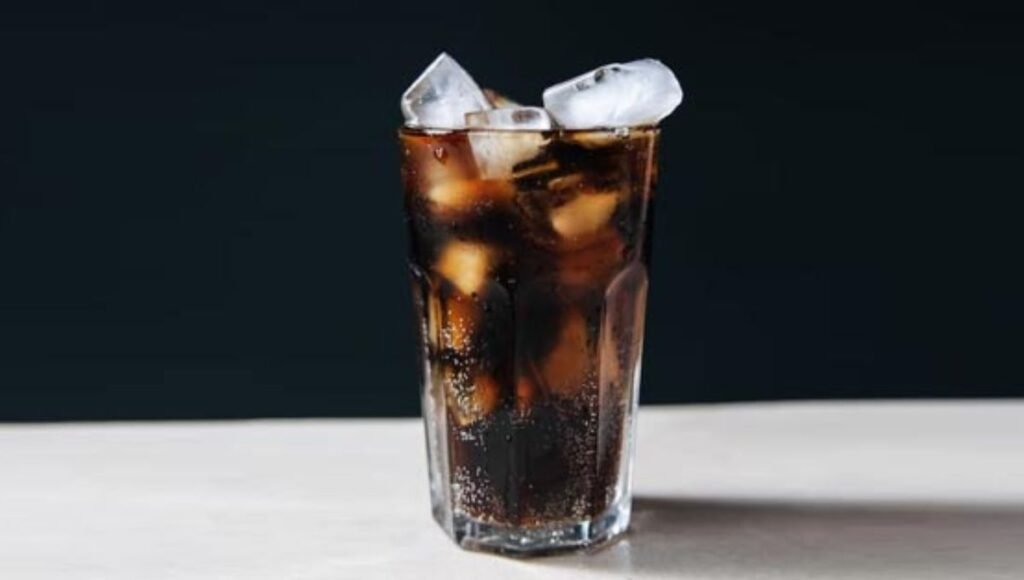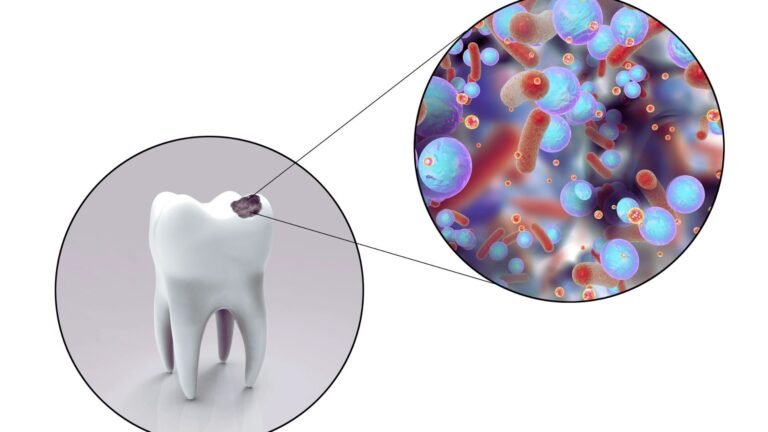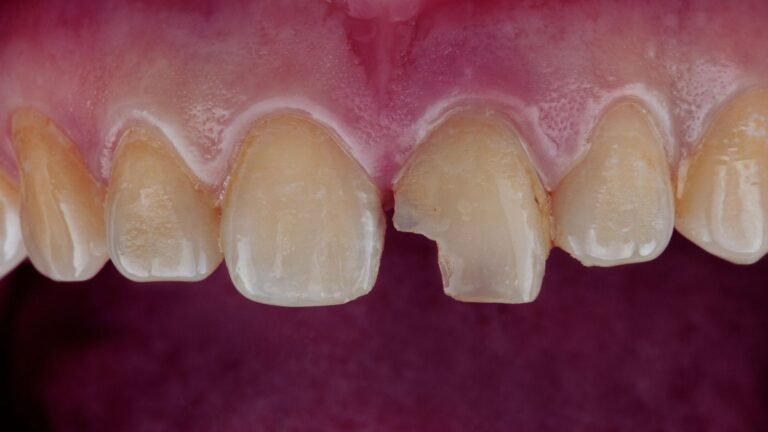Can I Drink Soda After Wisdom Tooth Removal?
You might be wondering if you can enjoy a fizzy soda after your wisdom tooth removal. While it’s tempting to reach for a comforting can of your favorite soft drink, it’s important to think about how this choice could impact your healing process. Soda’s carbonation can dislodge the essential blood clot at the surgery site, potentially leading to painful complications like dry socket. Moreover, the high sugar content can increase the risk of infection.
But what exactly makes these beverages a poor choice during recovery, and when might it be safe to reintroduce them? Let’s explore the risks and safer alternatives to keep your recovery on track.
Risks of Drinking Soda Post-Surgery
Although drinking soda might seem harmless, consuming it after wisdom tooth removal can greatly increase your risk of complications. Your usual drinking patterns, especially if they involve frequent soda consumption, must be adjusted to secure a safe recovery.
Carbonated beverages, like soda, can disrupt the healing process. The fizzing action of carbonation can agitate the blood clot that forms in the socket where your tooth was extracted. This clot is crucial as it protects the underlying bone and nerves. Dislodging it can lead to a painful condition known as dry socket.
In addition, the high sugar content in soda can contribute to increased inflammation, complicating the healing environment. Moreover, if you’re prone to tooth sensitivity, the acidic nature of soda can exacerbate this condition. The acids erode tooth enamel and can irritate sensitive tissues, particularly in an already vulnerable area like an extraction site. Consequently, not only does this impede your recovery, but it also heightens your discomfort.
It’s recommended to adjust your drinking habits post-surgery by avoiding sodas and other similar beverages. Opting for water or saline rinses can notably improve the healing process, maintain oral hygiene, and reduce the risk of developing heightened tooth sensitivity or other complications.
Soda’s Effect on Oral Hygiene

You must be aware that the high sugar content in soda greatly promotes bacterial growth and plaque formation in your mouth.
This environment accelerates the risk of enamel erosion, compromising the integrity of your teeth.
Such damage is particularly concerning after wisdom tooth removal, making it vital to avoid sodas to protect your oral health.
Soda Sugar Content
Soda’s high sugar content can greatly compromise your oral hygiene by promoting the growth of harmful bacteria. When you consume soda, particularly following dental procedures like wisdom tooth removal, the sugar interacts with the bacteria in plaque. This interaction produces acids that can potentially harm your teeth and gums.
It’s essential to understand the nutritional impact of soda, which offers little beyond empty calories and high levels of sugar, contributing to an unhealthy oral environment.
Considering the risks associated with high sugar intake, you might explore soda alternatives. Healthier hydration options such as water, herbal teas, or diluted fruit juices not only provide essential fluids but also minimize exposure to sugars. These alternatives help maintain prime hydration, which is crucial for healing and overall oral health.
To guarantee the best care for your oral hygiene, especially post-surgery, it’s advisable to limit or avoid soda. Turning to better hydration options can markedly reduce the risk of oral health issues and support your recovery.
Enamel Erosion Risk
In addition to sugar-related issues, regularly consuming soda greatly heightens the risk of enamel erosion, compromising the structural integrity of your teeth. Acidic drinks, like soda, have a low pH level, which can cause the demineralization of tooth enamel. This process not only weakens your teeth but also makes them more vulnerable to decay and increases your sensitivity to hot and cold foods and beverages.
To mitigate these risks and enhance enamel protection, it’s essential to take certain precautions. To start with, limit your intake of sodas and other acidic beverages. If you do consume them, use a straw to minimize contact with your teeth and rinse your mouth with water afterward to help neutralize the acid.
Additionally, waiting at least 30 minutes before brushing your teeth after drinking soda can prevent further abrasive damage to the weakened enamel.
Moreover, incorporating foods high in calcium and phosphate into your diet can help remineralize your teeth, strengthening the enamel. Regular use of fluoride toothpaste also plays a vital role in protecting enamel from erosion.
Alternatives to Soda for Hydration
Following wisdom tooth removal, it’s important to stay hydrated with alternatives to soda, such as water, herbal teas, or diluted fruit juices. Staying hydrated is essential for your recovery process, as it aids in healing and helps cleanse your mouth of bacteria.
Instead of reaching for carbonated beverages, consider fruit-infused water. Simply adding slices of fruits like lemons, limes, or berries to water can enhance flavor without the need for added sugars or artificial sweeteners. This not only provides a revitalizing taste but also infuses the water with vitamins, promoting overall health.
Electrolyte drinks are another beneficial choice. These beverages help restore the balance of electrolytes in your body, which can be disrupted after surgical procedures. Opt for versions with low sugar content to avoid irritation to your surgical sites.
Herbal teas are a soothing alternative. Teas such as chamomile or peppermint are gentle on the stomach and can reduce swelling in the mouth due to their anti-inflammatory properties. Avoid drinking them too hot; lukewarm is best to prevent irritation.
Lastly, coconut water is an excellent option. It’s naturally rich in electrolytes and can be more hydrating than water alone, making it ideal for post-operative recovery.
Timeline for Reintroducing Soda

You may consider reintroducing soda to your diet approximately one week after your wisdom tooth extraction, provided your healing process is progressing without complications.
During the initial days post-surgery, it’s important to adhere strictly to diet restrictions recommended by your oral surgeon. These restrictions often exclude carbonated beverages due to their potential to disrupt the clotting process essential for your recovery.
As your healing time extends beyond the first week, you can gradually expand your beverage choices. However, your approach should remain cautious. The reintroduction of soda should be slow and monitored. Start with smaller quantities to make sure there’s no adverse reaction in the surgical site, such as increased pain or swelling.
It’s important to remember that the recovery process varies from person to person. Some might find they can reintroduce soda without issues, while others may experience sensitivity. Listening to your body’s response is essential. If any negative symptoms arise, it’s advisable to delay the reintroduction of soda and consult with your healthcare provider.
Choosing to reintroduce soda and other previously restricted items should be a well-considered decision, factoring in your overall health and the specific advice of your dental professional.
Understanding Dry Socket Risk
Understanding the risks associated with dry socket is necessary when considering the reintroduction of soda and other beverages post-wisdom tooth extraction. Dry socket, or alveolar osteitis, is a painful condition that can occur when the blood clot at the site of the tooth extraction fails to develop, or it dislodges or dissolves before the wound has healed. To mitigate this risk, it’s vital to make informed hydration choices immediately following your surgery.
Here are key considerations for dry socket prevention:
- Avoid Suction Movements: Drinking beverages through a straw can create suction that might dislodge the clot. Sipping directly from a cup is a safer option during the initial healing period.
- Choose Beverages Wisely: Highly acidic or sugary drinks like soda can aggravate the extraction site. Opt for gentler hydration choices such as water or diluted non-acidic fruit juices to support the best healing.
- Monitor Temperature: Extremely hot or cold beverages can exacerbate pain and potentially disturb the clot. Lukewarm or slightly cool drinks are preferable to avoid thermal irritation to the sensitive area.
Tips for a Smooth Recovery
After your wisdom tooth removal, following these recovery tips will ensure a more comfortable and swift healing process. First, it’s crucial to prioritize your diet around soft foods. Opt for items like yogurt, smoothies, applesauce, and mashed potatoes. These foods don’t require much chewing, reducing the risk of irritating the surgical site. Avoid hard, sticky, or highly seasoned foods that could worsen pain or disrupt the clot forming over your extraction site.
Effective pain management is important. You’ll likely be prescribed medication by your oral surgeon—follow their instructions meticulously regarding dosage and timing. Don’t wait until the pain becomes severe to take your medication; adhering to a regular schedule can prevent the pain from becoming overwhelming. Additionally, applying an ice pack to the cheek near the extraction area can help reduce swelling and numb discomfort. Use the ice intermittently—20 minutes on and 20 minutes off—to avoid skin damage.
Lastly, maintain a gentle oral hygiene routine. Brush your teeth softly around the extraction site and rinse with salt water to reduce bacteria and promote healing, but avoid vigorous rinsing, which can dislodge the blood clot important for recovery.
Frequently Asked Questions
Can Carbonation Levels Affect Healing After Wisdom Tooth Extraction?
Carbonation effects can impede healing post-wisdom tooth extraction by increasing swelling. It’s advisable to minimize soda consumption to enhance recovery and avoid complications related to the surgical site.
Does Drinking Soda Worsen Swelling Post-Wisdom Tooth Removal?
Drinking soda can exacerbate swelling during your recovery period. For effective swelling management, consider soda alternatives like water or herbal teas to avoid irritation and promote healing after your wisdom tooth extraction.
Are Sugar-Free Sodas Safe to Drink After Surgery?
You should avoid sugar-free sodas post-surgery due to their caffeine content, which can hinder healing. Opt for caffeine-free, sugar-free options if you must have a soda to guarantee a smoother recovery.
Can I Use a Straw to Drink Soda After Extraction?
You shouldn’t use a straw to drink soda after an extraction due to the risk of dislodging the blood clot. Also, avoid carbonated beverages as they can delay the healing process.
How Does Soda Temperature Impact Post-Surgical Recovery?
Cold beverages can reduce swelling, but for best hydration and recovery, it’s recommended to avoid warm sodas as they might irritate your surgical site. Stick to cold, non-carbonated drinks for better healing outcomes.
Conclusion
To wrap up, it’s essential to avoid soda after your wisdom tooth extraction to guarantee a speedy and complication-free healing process. Choose mild, non-fizzy beverages to stay hydrated and promote healing.
Slowly bring back soda into your diet only after the surgical area has completely healed and with your dentist’s consent.
Keep in mind, staying away from soda at first can greatly lessen your chances of developing dry socket and other oral health problems during this sensitive recovery period.

